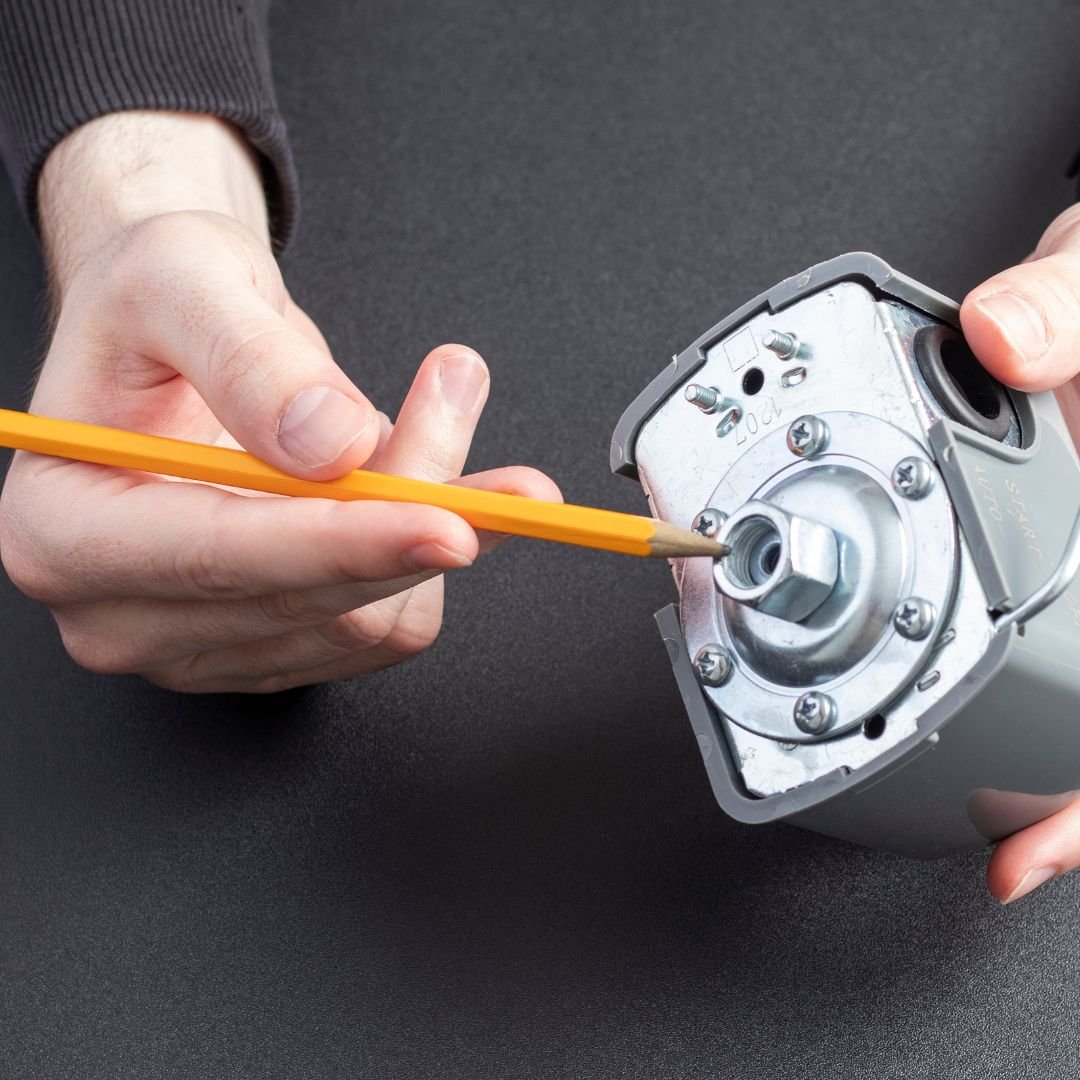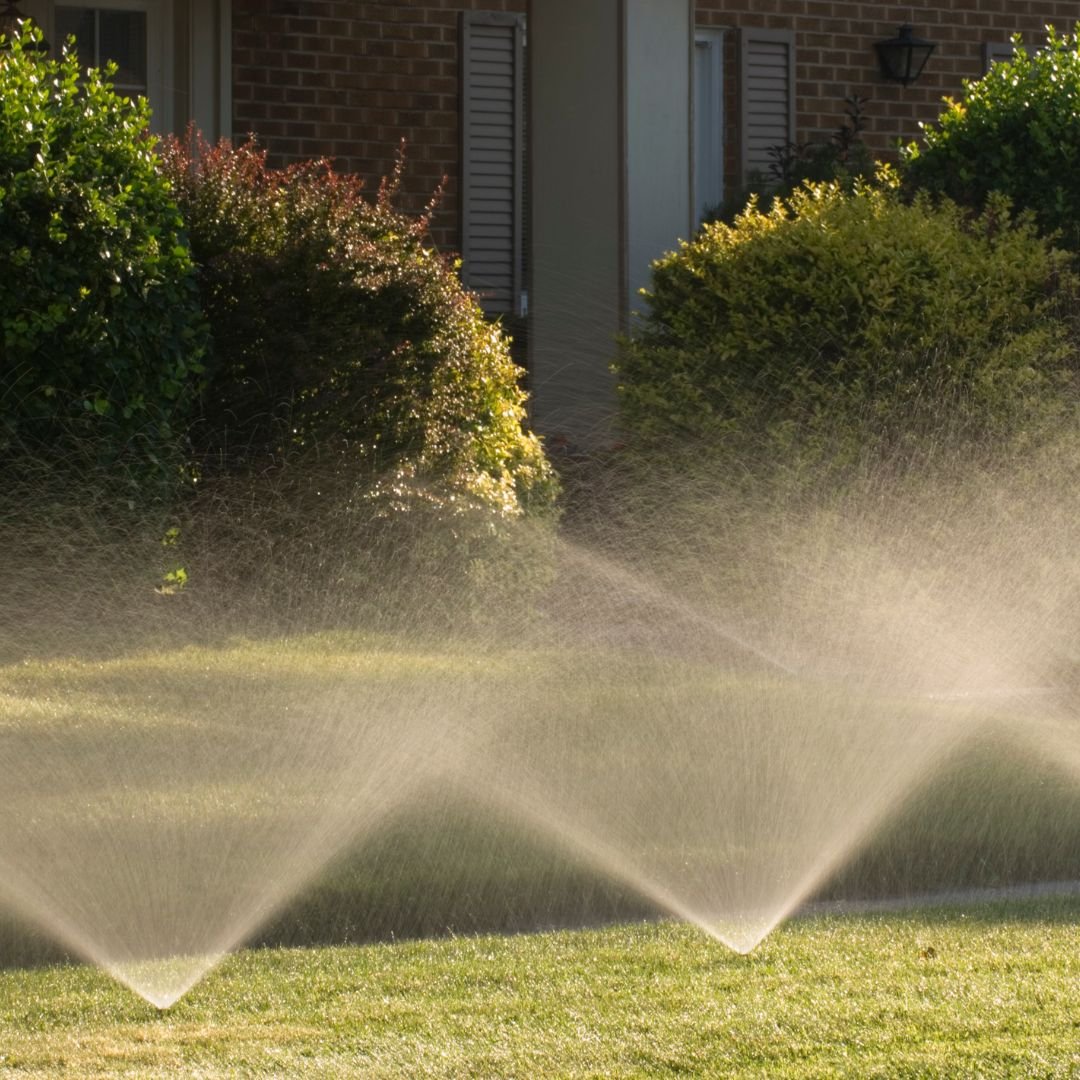What Causes Well Yield to Decline?
When a private well starts delivering less water than expected—think sluggish faucets, erratic pressure, or dry pumps during peak use—it’s a sign that well yield, the sustainable flow rate measured in gallons per minute (GPM), is declining.
First Time Well Owners: What You Should Know
Stepping into homeownership with a private well is an exciting milestone, offering independence from municipal water systems and access to a natural water source. However, it also comes with responsibilities that can feel daunting for first-time well owners.
Water Well Drilling Costs in 2025
For homeowners considering a private well as a reliable, independent water source, understanding the associated costs is a critical first step. Drilling a well is a significant investment, shaped by factors such as depth, soil conditions, well type, and regional differences.
Should I Drill My Well Deeper?
For homeowners who rely on well water, few things are as frustrating as a well that can’t keep up with daily needs. Whether it’s a sluggish trickle at the faucet, fluctuating water pressure, or the alarming moment when the pump runs dry, these issues often prompt a critical question: Should I drill my well deeper?
Understanding Low Yield Wells: Causes and Solutions
When your home depends on a well system, you count on a consistent water supply for everything from cooking to keeping your lawn lush. But a low yield well can shatter that reliability, delivering a trickle instead of a steady flow, especially when dealing with low well volume.
Maximizing Water Output from Your Well
For homeowners who rely on a well system, a steady and sufficient water supply is essential for everything from morning coffee to evening garden watering. However, low-yield wells often struggle to keep up, especially when dealing with low well volume, leaving families frustrated with weak pressure or outright shortages.
How Automatic Water Draw Adjustment Works in Well Systems
A well system is the heartbeat of a home for those who rely on it, delivering water for everything from drinking to gardening. But when groundwater levels shift—due to drought, seasonal changes, or low well volume…
The Importance of Preventing Overpumping in Well Systems
The steady flow of water from a well system is a lifeline for homeowners, supporting everything from morning showers to garden irrigation. But when that flow weakens or stops due to overpumping, the consequences can ripple through daily life, threatening both your water supply and the health of your well.
The Advantages of High Water Pressure in Your Home
Nothing transforms the daily experience of living in a home quite like the steady, powerful flow of water from your faucets and showerheads. For homeowners relying on a well system, achieving high water pressure can feel like a game-changer, elevating everything from morning routines to household chores.
Why Your Well Runs Dry: Common Causes and How to Fix Them
Picture the moment you turn on your faucet, expecting a steady stream, only to be met with a gurgle and then nothing. For homeowners who rely on a well system, a dry well is a jarring disruption, halting everything from cooking and bathing to irrigating gardens or caring for animals.
Water Conservation Tips for Well Owners in Drought-Prone Areas
Living in a drought-prone area presents unique challenges for homeowners who rely on a well system for their water supply. With water scarcity becoming a pressing issue in regions where rainfall is unreliable, conserving water is both an environmental responsibility and a practical necessity.
Why Water Pressure Matters for Your Home (and How to Improve It)
For homeowners relying on a private well, these frustrating moments of low water pressure are all too common, disrupting daily routines and turning simple tasks into chores. Water pressure is more than just a convenience—it’s the force that keeps your household running smoothly, from bathing to cooking to gardening.
A Beginner’s Guide to Understanding Your Well’s GPM
It’s a warm summer morning, and you’re watering your garden, hoping to keep your tomatoes thriving. The hose suddenly slows to a feeble trickle, barely enough to dampen the soil…
The Hidden Costs of Low-Yield Wells and How to Save
Your low-yield well is the lifeline of your home, supplying water for everything from morning dishes to evening garden care. But when it produces less than 1 gallon per minute (GPM), it can rack up expenses that strain your budget.
Can a Low-Yield Well Support a Growing Family?
At Epp Well Solutions, we understand that your family’s water needs change as your household grows. Whether you’re expecting a new baby, welcoming relatives for extended stays, or planning a bigger garden, your well must deliver enough water to keep up.
How Much Water Does an Average Household Use?
Water is vital for daily household tasks, from cooking and cleaning to bathing and outdoor upkeep. For homeowners with private wells, particularly low-yield ones, understanding typical water consumption is essential to ensure their system meets demand without overburdening the well.
What is Flow Rate on a Water Well?
For homeowners relying on water wells, managing a consistent water supply is a daily reality that requires understanding key technical aspects of their system. One of the most critical factors is flow rate, a measure that determines how much water a well can produce and directly affects everything from daily household tasks to long-term system maintenance.
Why Proper Water Storage is Crucial for Well Owners
Smart technology has reshaped modern living, from automated lighting to connected appliances, yet the well water industry, especially for low-yielding wells, has been slower to embrace such innovations. Homeowners with wells producing less than 5 gallons per minute face persistent challenges: water shortages, fluctuating pressure, and the risk of over-pumping, which can damage wells and pumps.
Well Harvester® vs. Traditional Well Systems: A Comparison
Smart technology has transformed everyday devices like watches and thermostats, making life more efficient and convenient. Yet, the well water industry, particularly for low-yielding wells, has been slow to embrace such advancements.
Fixing a Water Well That Has a Declining Yield
When your well starts producing less water than it used to, you might notice it first at the kitchen sink, where the flow slows to a trickle, or in the shower, where the pressure feels weaker. For folks who depend on a well for their water, a declining yield can be a real hassle, making tasks like laundry, cooking, or watering the yard more difficult.




















